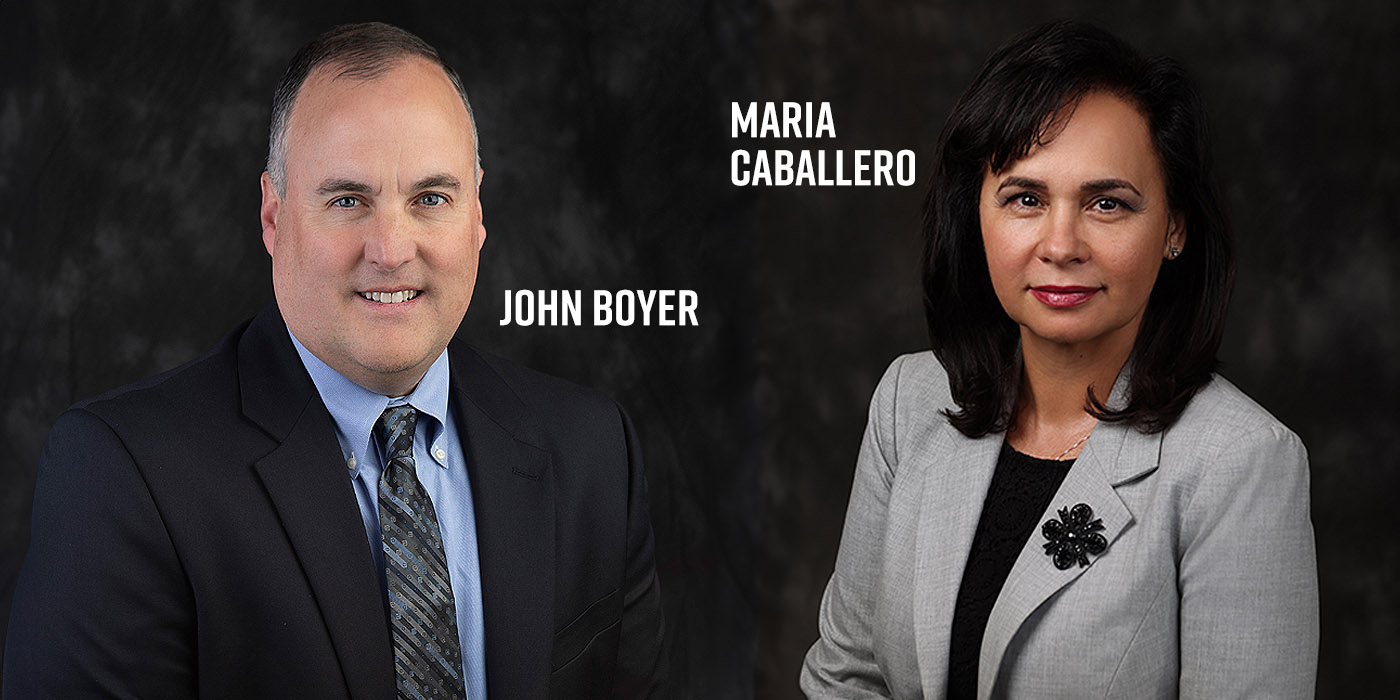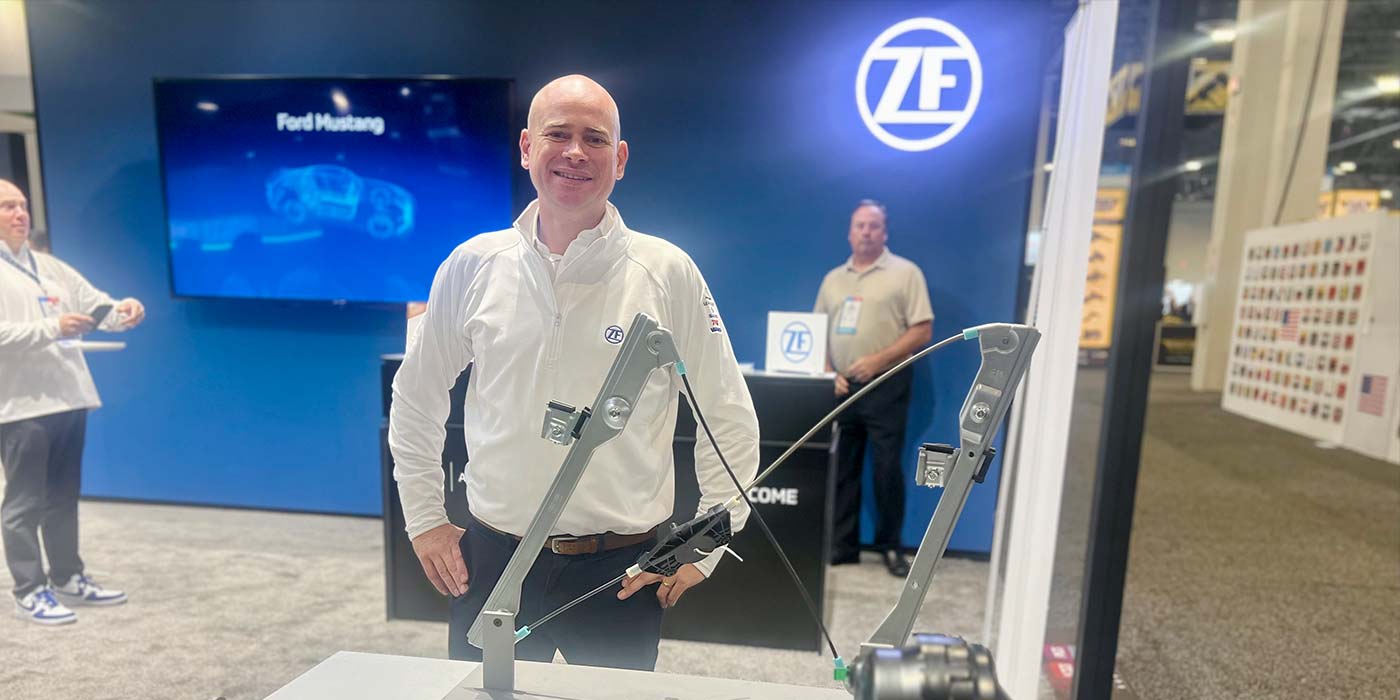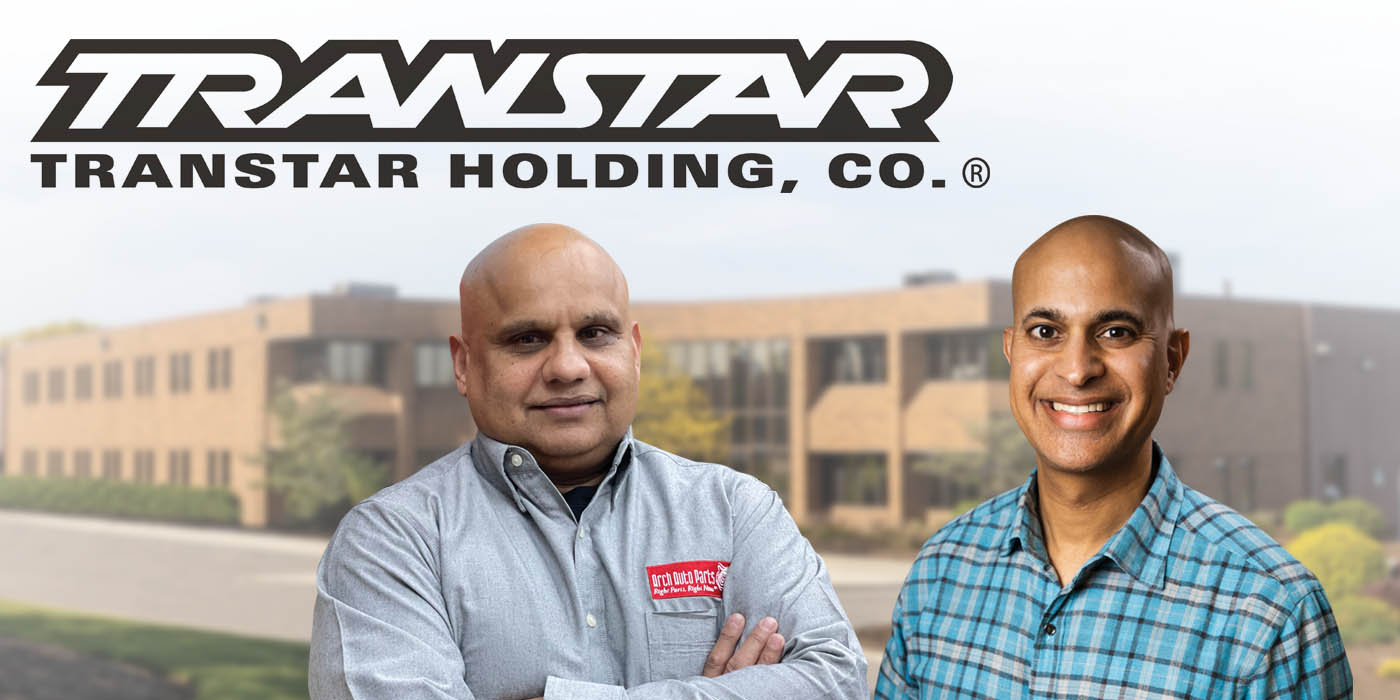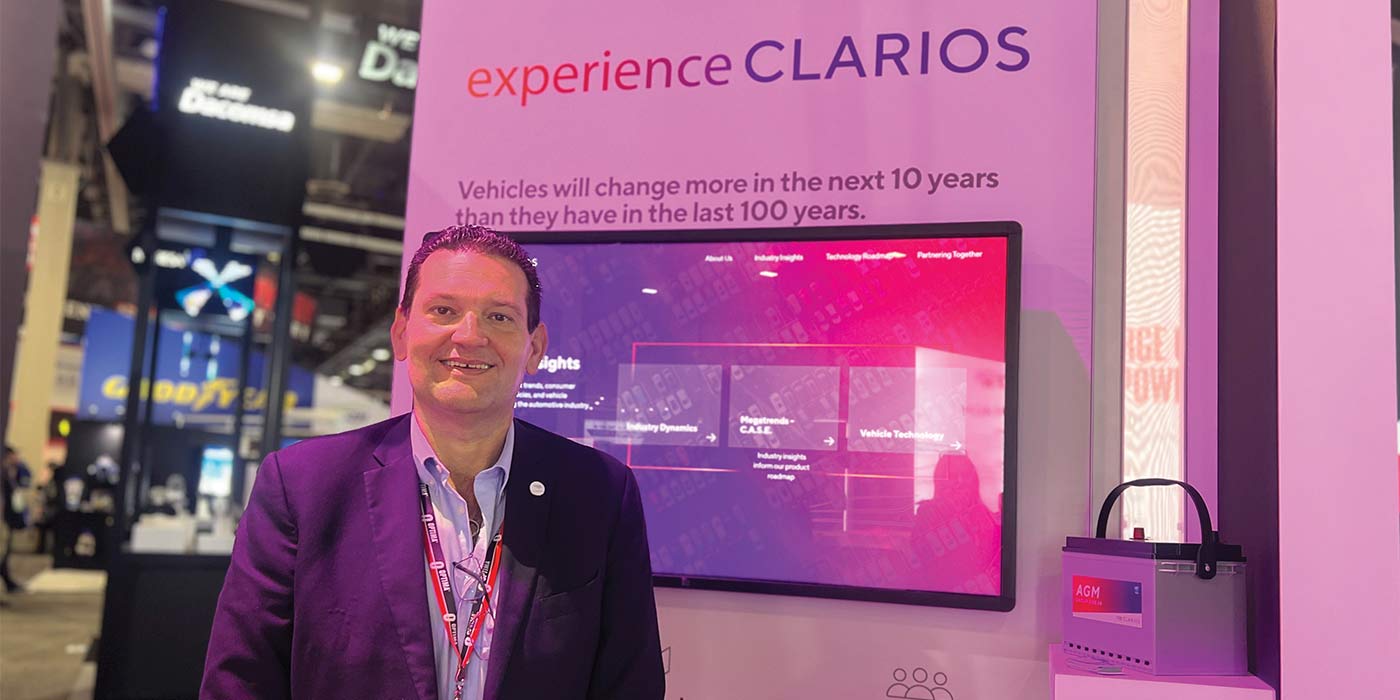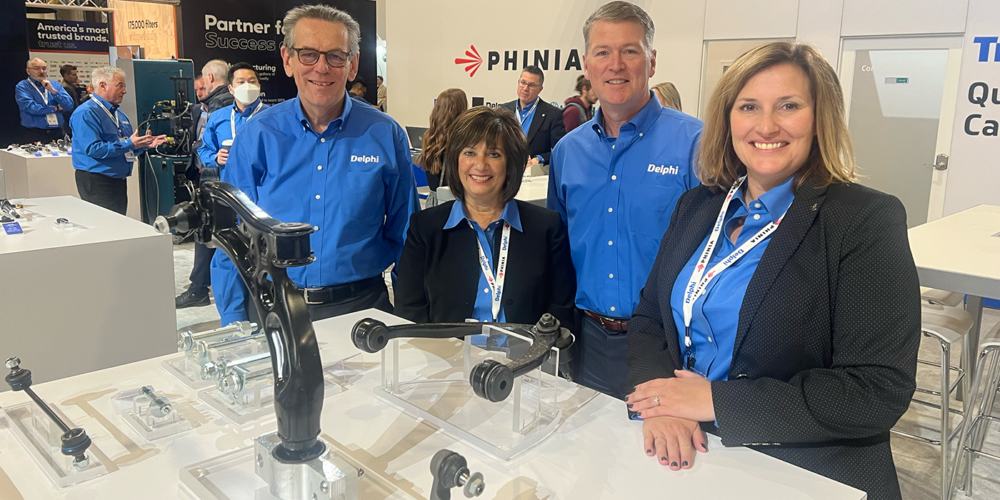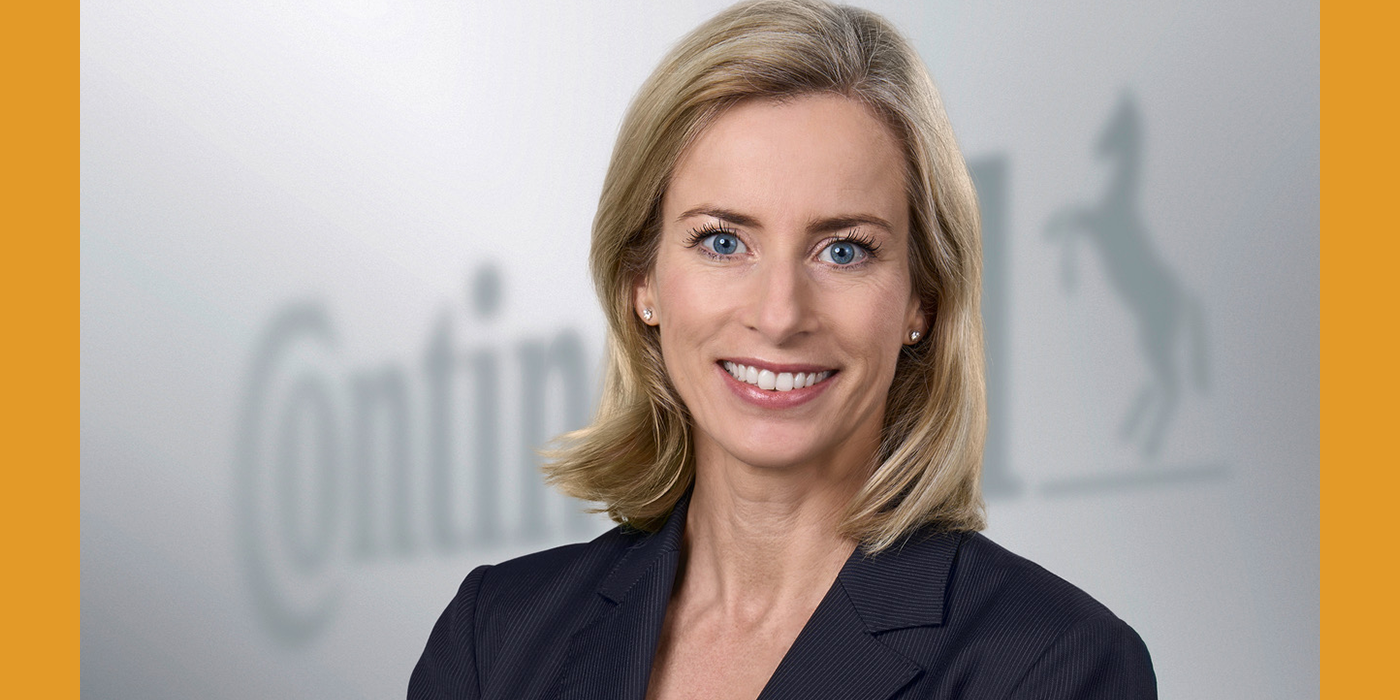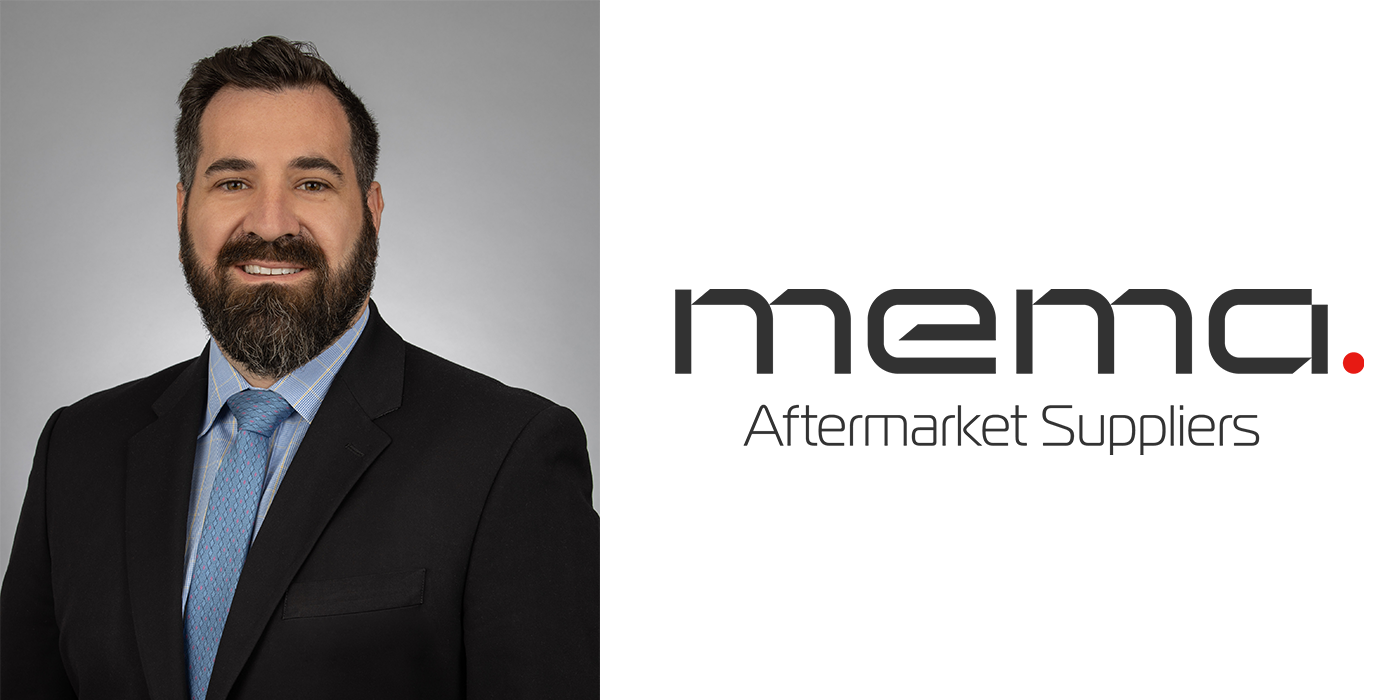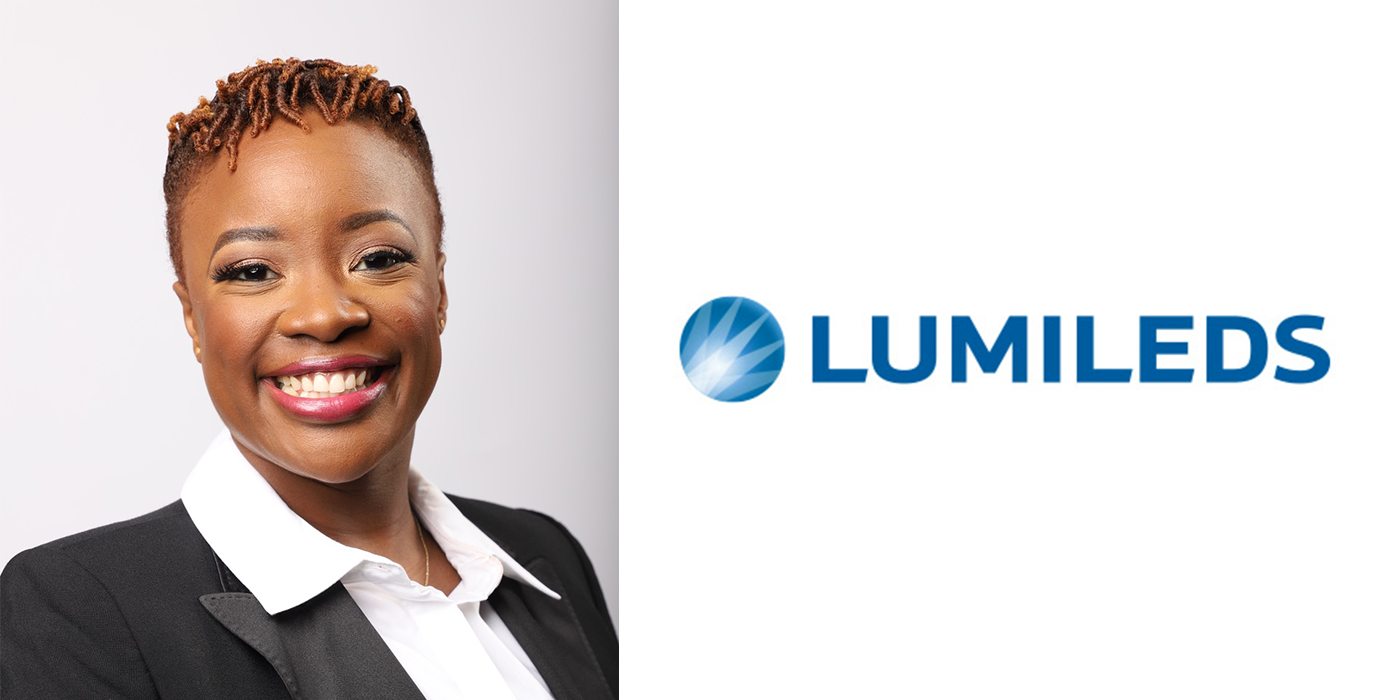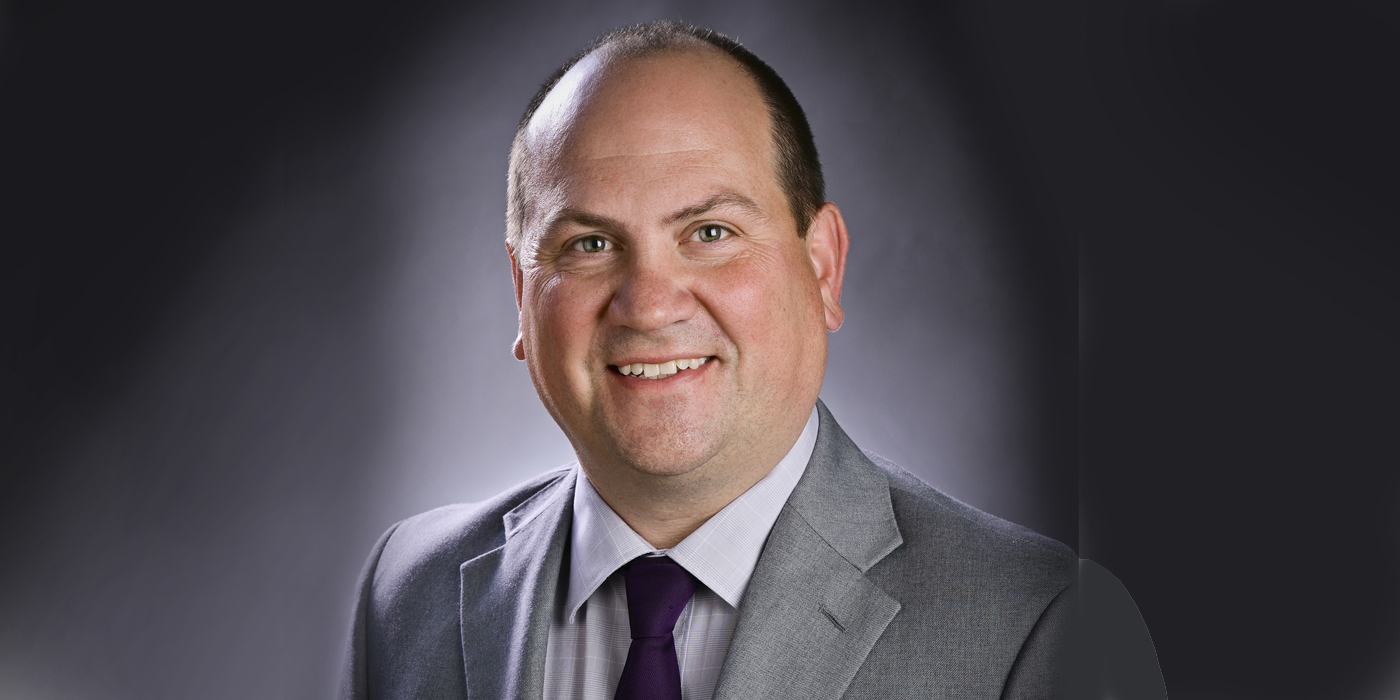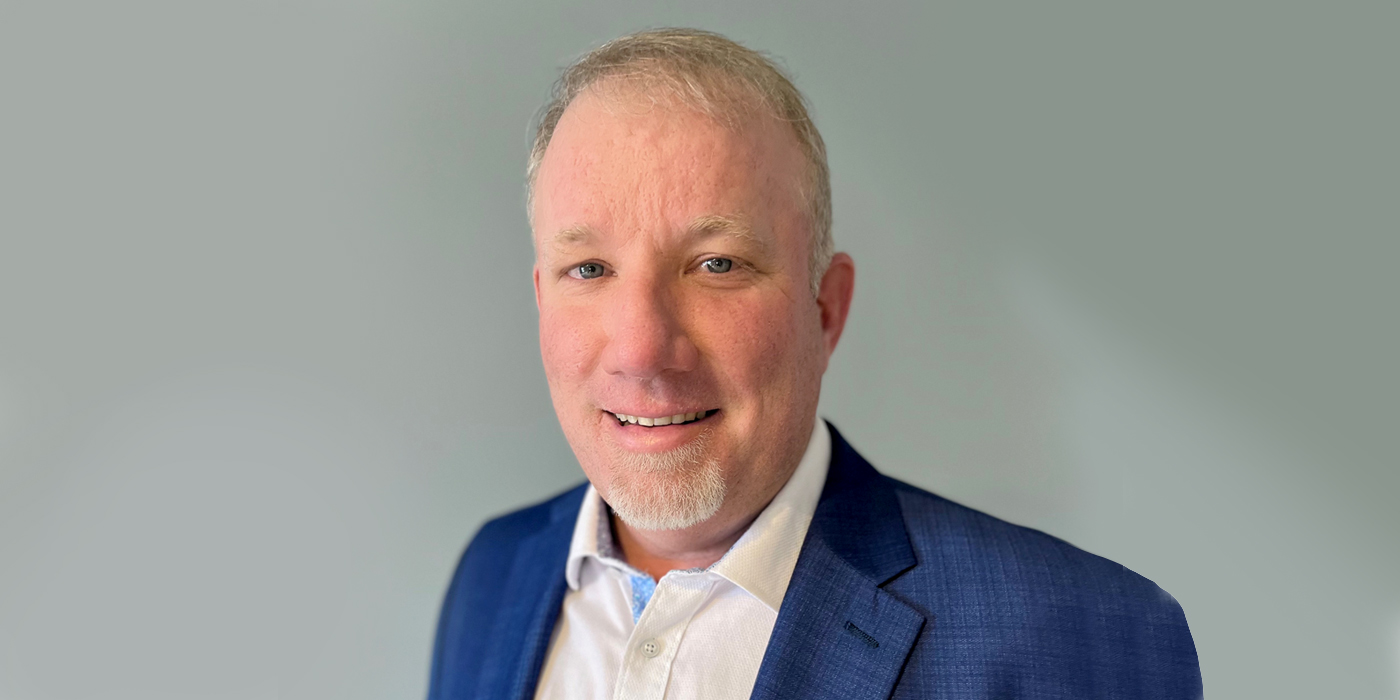Roger McCollum has been involved in the automotive aftermarket dating back to his first job at a local jobbing store as a college student. Upon graduation from The University of Akron, McCollum began his career at Ken Tool Co., where he served in a variety of sales and management positions, advancing to national sales manager. In 1984, McCollum joined N.A. Williams Co., where over the years, he has held various management positions. He has served as the company’s president since 1997 and CEO since 2007. In this role, he has directed and integrated several mergers and acquisitions, which have greatly expanded, diversified and strengthened the company’s business.
McCollum currently serves on the Automotive Aftermarket Industry Association (AAIA) Board of Directors and its Show Committee and is a member of the Automotive Aftermarket Association Southeast (AAAS) Board of Directors. He has a long history of industry service, including active roles on the Automotive Warehouse Distributors Association (AWDA) Board of Governors, Manufacturers Advisory Council and Government Affairs Committee. McCollum has earned his Automotive Aftermarket Professional (AAP) designation from the University of the Aftermarket and has received the Northwood University Automotive Aftermarket Management Education Award.

In today’s AMN Executive Interview, McCollum talks about the growth of his company, the role of technology in business today, and also offers up his thoughts on the changing aftermarket sales landscape.
Earlier this year, N.A. Williams launched a new website for the company’s DataLink Services division. Tell us a little about the division, which was established in 2008.
DataLink is a contact center operation that we started to provide outsourced sales and customer service solutions. Activities conducted include inbound and outbound customer service, lead generation and qualifying, market research and analytics, inside sales, technical support and online customer sales interaction. DataLink supports our existing representative business … that is, our manufacturers and customers as well as a variety of other clients, some non-automotive, who may retain us for specific services or projects.
Was this division created as an outgrowth of the services N.A. Williams already offers its clients? What needs weren’t being met that this division now fulfills?
To some degree, yes. Like a lot of companies, we performed customer service and inside sales activities but not with the scale, efficiency and impact we needed. More often than not, the burden fell to our field sales people, which limited their selling time.
The genesis of DataLink as a separate team was actually to provide a solution to an existing manufacturer who needed to quickly ramp up a full-time customer technical support line. It was something we hadn’t tried before, but we got it done and learned a lot from the experience.
We determined that with an investment in quality people experienced in call center operations along with improved technology, we could develop a separate team that could provide better support to manufacturers and customers and help our field salespeople become more efficient and effective. At the same time, we’ve been able to attract new clients who provide both new revenue growth and help fund our core support initiative.
What are your thoughts on the sales and marketing landscape in the automotive aftermarket today? Do you see things becoming more competitive, and if so, in what ways?
No news here. The world is more competitive. Consolidation continues. Customers are bigger and smarter, and manufacturers more efficient. Products are better and last longer. Technology wins. Our industry provides solid organic growth, but everybody wants more so increasing market share becomes critical and that can strain margins.
Some of what we’re trying to do with DataLink is supplement our field sales so our in-field account executives can focus on more high-touch customer activity. Increased customer contacts, faster response times and better pull through are all performed with the goal of helping manufacturers sell more to and through their channel partners.
We last chatted in this Executive Interview forum in 2006. A lot has changed in the automotive aftermarket since then. What do you feel are some of the most significant changes that have taken place, which have impacted the role N.A. Williams and other manufacturers’ rep firms play in the marketplace today?’
Fact-based selling using market, industry and consumer data has become much more prevalent. Product features and benefits remain important but are far from the only thing we talk about. We have to understand both our own products and their place in the category and market overall. Salespeople must have strong analytical skills and a deep understanding of channel partner financial considerations. We’re investing quite a bit in continuing education and training.
Principals and customers expect sales people to possess business acumen and bring problem solving skills and new ideas. We’ve had to develop new competencies as consultative sellers and add analysts and category managers where applicable. We have to create and prove substantial value.
At the same time, much is unchanged. Sales remain the single most important function in business. You can’t have profits without sales. Sales are human and based on relationships, likability and trust. Face-to-face contact is as important as ever.
How has the rep agency/manufacturer relationship changed during this time, due to evolving market conditions?
I think they’re closer and more collaborative. More partnership-based and transparent. Both parties are critical to each other’s success, or should be, and both should have a good understanding of the other’s costs. Reps strive to be trusted advisers to their principals and the overwhelming majority of our relationships are consultative versus transactional. As such, we are much more engaged in strategy and planning than ever before.
What influence has technology had on what you do?
We’re more efficient, productive and able to be more accountable. Taking the lead from some of our principals and customers, we recently deployed a CRM program that allows our team to gather real time sales and market data, and provide insights back to our stakeholders. By mining this data, we’re able to collaborate more as a team and share best practices. Tablets make accessing this information convenient and give us a tool to better communicate product and program information. We’re using video conferences and webinars to increase training both internally and externally. It’s a continuous march forward.
Where do you see the role of the manufacturer’s rep headed in the future?
The rep business is thriving. Outsourcing is in. Increasingly, aftermarket suppliers are turning to rep firms for all or part of their selling, marketing or support functions as a way to reduce costs, increase performance and focus on their own core capabilities. Their decisions to do so can be based on the needs of specific product categories, markets or customer segments. Often, the resulting factory sales effort is a hybrid of rep and direct personnel. Reps offer suppliers a substantial return on investment through customer relationship continuity, market knowledge and an established infrastructure of people, systems and processes. The future should be bright for reps.


